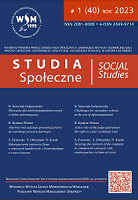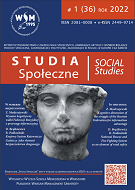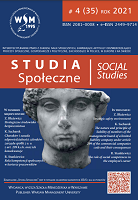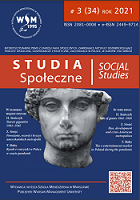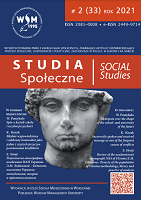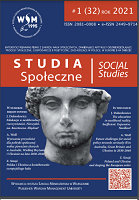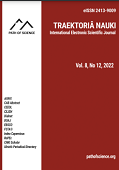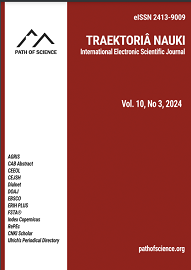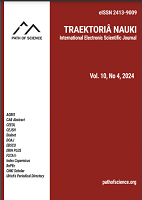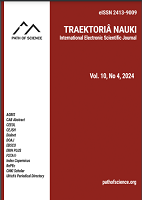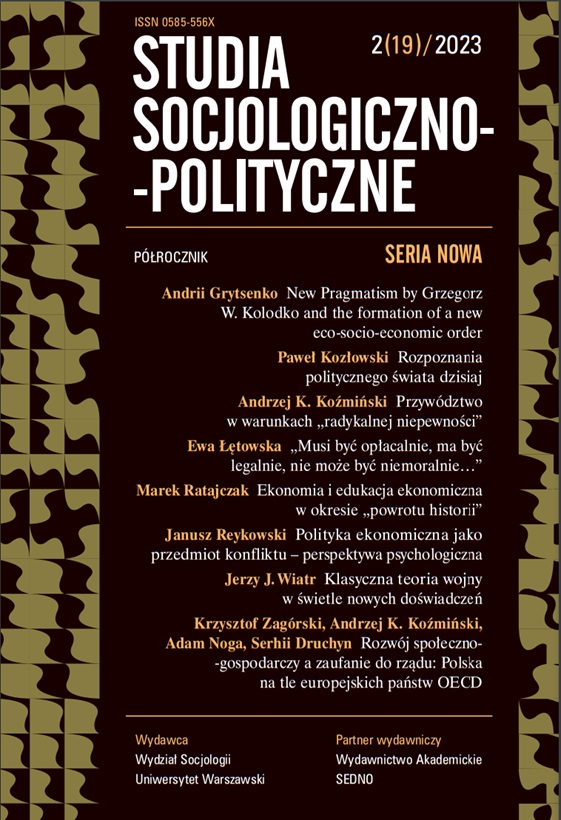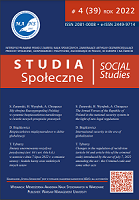
ZASADA KOLEGIALNOŚCI I JEJ ZNACZENIE DLA NAJWYŻSZEJ IZBY KONTROLI
The article describes the importance of the principle of collegiality for the supreme state control authority. This principle results from the Constitution of the Republic of Poland. The author assesses the structure of the Supreme Audit Office and the tasks of its internal bodies in order to determine whether the legislator has complied with the constitutional order. According to the author, the principle of collegiality is to ensure the independence and impartiality of the Supreme Audit Office.
More...
